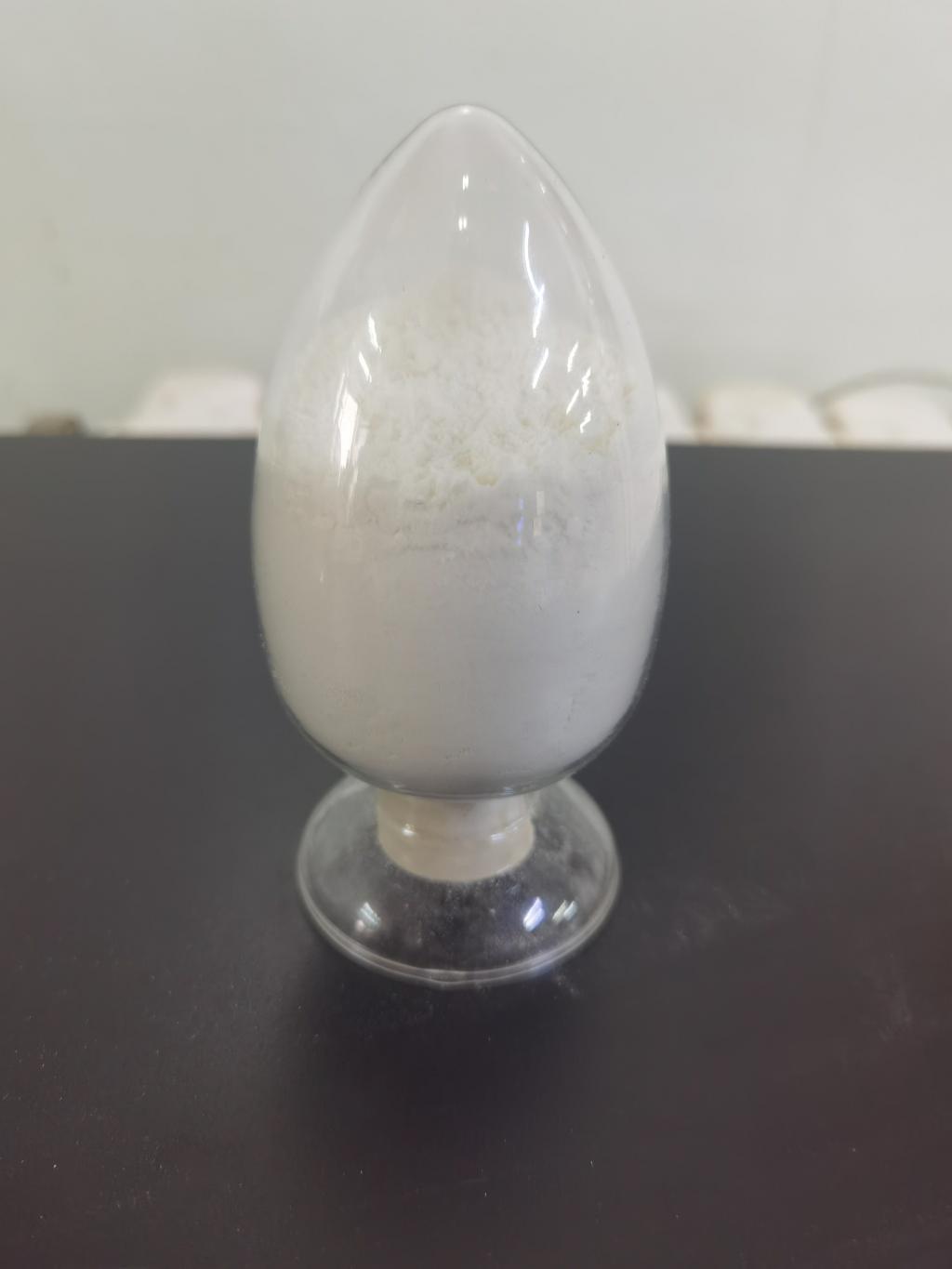Tel:+8618231198596

News
 CONTACT
CONTACT
 CONTACT
CONTACT
- Linkman:Linda Yao
- Tel: +8618231198596
- Email:linda.yao@dcpharma.cn
- Linkman:CHARLES.WANG
- Department:Overseas
- Tel: 0086 0311-85537378 0086 0311-85539701
News
Preserving Biodiversity: ε-Polylysine Hydrochloride in the Conservation of Agricultural Resources
TIME:2023-12-11
I. The Significance of Biodiversity in Agriculture
A. Ecosystem Resilience
Biodiversity in agricultural ecosystems contributes to their resilience in the face of environmental challenges. Diverse plant and animal species create a balanced ecosystem, reducing the vulnerability of crops to pests, diseases, and environmental stresses. This section will explore the interconnectedness of biodiversity and ecosystem resilience in agriculture.
B. Genetic Diversity in Crops
Genetic diversity within crops is a critical component of agricultural biodiversity. A wide range of genetic traits enables crops to adapt to changing environmental conditions, resist diseases, and enhance overall productivity. This section will highlight the importance of preserving and utilizing genetic diversity in crop cultivation.
C. Pollination and Soil Health
Biodiversity, including a variety of pollinators and beneficial soil microorganisms, plays a pivotal role in crop pollination and soil health. Declines in pollinator populations and soil biodiversity can have profound implications for agricultural productivity. This section will discuss the intricate relationships between biodiversity, pollination, and soil fertility.
II. ε-Polylysine Hydrochloride: An Overview
A. Discovery and Characteristics
ε-Polylysine hydrochloride, a naturally occurring antimicrobial peptide, is derived from bacterial fermentation, particularly strains of Streptomyces albulus. It exhibits broad-spectrum antimicrobial activity against bacteria, fungi, and other microorganisms. This section will provide an overview of ε-polylysine hydrochloride, highlighting its characteristics and mechanism of action.
B. Safety and Regulatory Status
One of the notable features of ε-polylysine hydrochloride is its safety for human health and the environment. Extensive studies have demonstrated its biocompatibility and low toxicity, leading to regulatory approvals for use in food preservation and agricultural applications. This section will explore the safety profile and regulatory considerations surrounding ε-polylysine hydrochloride.
III. Applications of ε-Polylysine Hydrochloride in Agriculture
A. Crop Protection and Disease Management
ε-Polylysine hydrochloride's antimicrobial properties make it an effective tool for crop protection and disease management. By targeting a broad spectrum of pathogens, including bacteria and fungi, ε-polylysine hydrochloride can contribute to the reduction of crop diseases without the environmental impact associated with traditional chemical pesticides.
B. Preservation of Agricultural Seeds
Preserving genetic diversity in crops often involves the storage of seeds for future use. However, seeds are susceptible to degradation from pathogens during storage. This section will explore how ε-polylysine hydrochloride can be applied to preserve the viability of agricultural seeds, safeguarding genetic resources for future generations.
IV. Soil Health and Microbial Balance
A. Soil Pathogen Control
Maintaining a balanced microbial community in the soil is essential for nutrient cycling, plant health, and disease prevention. ε-Polylysine hydrochloride can contribute to soil pathogen control by suppressing the growth of harmful microorganisms while allowing beneficial microbes to thrive. This section will delve into the role of ε-polylysine hydrochloride in promoting soil health.
B. Sustainable Agriculture Practices
The application of ε-polylysine hydrochloride aligns with the principles of sustainable agriculture. By reducing reliance on chemical pesticides, it supports environmentally friendly farming practices. This section will explore case studies and examples of how ε-polylysine hydrochloride is integrated into sustainable agriculture systems.
V. Biodiversity Conservation in Agricultural Landscapes
A. Beneficial Insect Conservation
Chemical pesticides can have detrimental effects on beneficial insects, including pollinators and natural predators of pests. The use of ε-polylysine hydrochloride offers a targeted approach to pest control, minimizing harm to beneficial insects and supporting biodiversity in agricultural landscapes.
B. Organic Farming and Certification
As the demand for organic products grows, farmers are exploring alternatives to synthetic pesticides. ε-Polylysine hydrochloride, with its natural origin and low environmental impact, is gaining popularity in organic farming. This section will discuss its role in organic farming practices and its potential contribution to organic certification standards.
VI. Challenges and Considerations
While ε-polylysine hydrochloride presents promising opportunities in agriculture, it is essential to consider challenges and potential limitations. This section will explore factors such as formulation compatibility, persistence in the environment, and the need for continued research to optimize its efficacy in diverse agricultural settings.
VII. Future Prospects and Research Directions
The article will conclude by examining future prospects for the use of ε-polylysine hydrochloride in agriculture. This may include ongoing research initiatives, technological advancements, and collaborative efforts to refine its applications and maximize its potential in biodiversity conservation and sustainable agriculture.
Conclusion:
Biodiversity conservation in agriculture is inseparable from the pursuit of sustainable and resilient food systems. ε-Polylysine hydrochloride, with its antimicrobial properties and environmentally friendly profile, emerges as a valuable ally in this endeavor. By contributing to crop protection, seed preservation, soil health, and beneficial insect conservation, ε-polylysine hydrochloride exemplifies how innovative solutions can support the delicate balance between agricultural productivity and biodiversity preservation. As we navigate the challenges of feeding a growing global population, embracing such novel approaches becomes paramount for the future of agriculture and the well-being of our planet.
- Tel:+8618231198596
- Whatsapp:18231198596
- Chat With Skype







